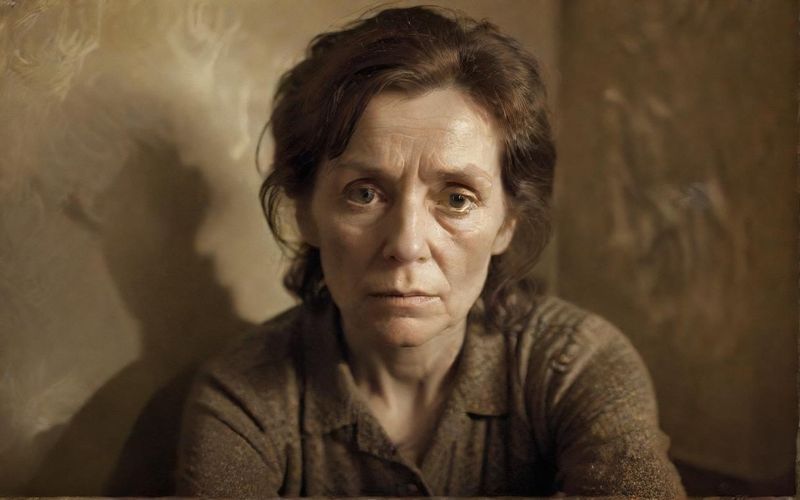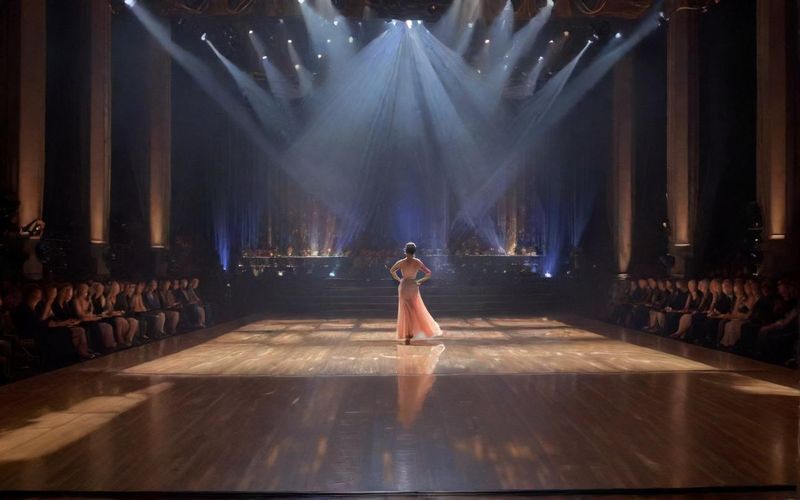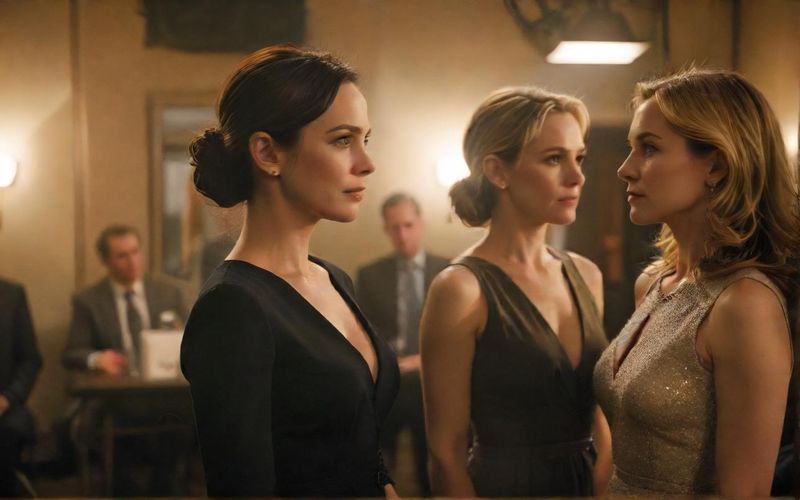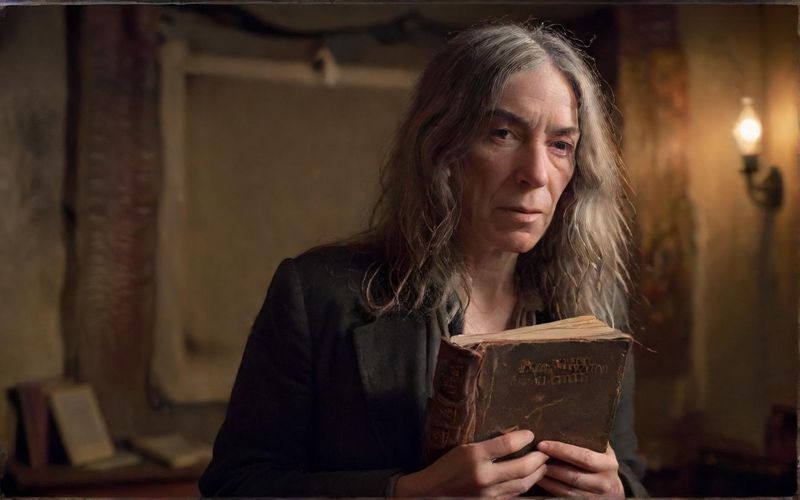Gillian Anderson's chilling new role stuns viewers

Gina is a stark contrast to the vibrant, aspirational figures Anderson has often portrayed. She’s a force of repression, her home a landscape of quiet judgment and simmering rage. Her pronouncements, laced with a vitriolic cynicism, reveal a deep-seated shame, a mirror to the societal anxieties that festered during the Troubles. One moment, she’s scornfully questioning her daughter about being a “love addict” after reading a magazine quiz, a flash of dark humor cutting through the bleakness. The next, she’s recoiling with palpable jealousy from the news of her son’s impending fatherhood, her words dripping with a raw, almost primal resentment. Anderson masterfully navigates these emotional complexities, making Gina a tragic figure, a victim of her circumstances as much as a perpetrator of her own misery.
What strikes me most about Anderson’s performance is her ability to convey so much with so little. She inhabits Gina’s brokenness, her physicality radiating a weariness that goes beyond mere exhaustion. It’s the weariness of a spirit crushed by the weight of sectarianism and personal disappointment. This portrayal offers a crucial insight into the insidious way prolonged conflict can erode the personal, transforming individuals into vessels of inherited pain and prejudice. It’s a reminder that behind the grand narratives of political struggle are countless private lives, fractured and reshaped by the surrounding turmoil.
The series itself, based on Louise Kennedy’s novel, navigates this fraught landscape with a delicate touch. The visual palette, described as melancholic browns and oranges, perfectly captures the atmosphere of a perpetually overcast autumn. The central romance, while undeniably compelling, is deliberately complicated. Michael Agnew, the object of Cushla’s affection, is not a straightforward hero; he’s married and clearly enjoys female company. This ambiguity forces us to question our assumptions about love and morality, particularly in environments where trust is a rare commodity. The narrative wisely avoids romanticizing the situation, instead highlighting the quiet, human desire for connection amidst an era where betrayal felt as common as daily bread.
In a time when the cultural conversation often gravitates towards the latest celebrity news and public personas, the enduring fascination with figures like Gillian Anderson is understandable. Her ability to consistently reinvent herself, to delve into complex and often challenging characters, speaks to a profound artistic integrity. For many, she represents not just an actress, but a symbol of intelligence, resilience, and a nuanced understanding of the human condition. Her willingness to embrace roles like Gina, which are far from flattering, only deepens this admiration, showcasing a commitment to her craft that is truly inspiring. The ongoing buzz around gillian anderson’s varied roles is a testament to her impact.
“Trespasses” is more than just a period drama; it’s a poignant exploration of how political dogma can poison familial bonds and societal harmony. It serves as a stark reminder that even in the darkest of times, the impulse for human connection persists, often found in the most unlikely of circumstances.
As we watch Cushla and Michael navigate their forbidden love, one can't help but wonder what lessons we, as a society, are still learning from the shadows of such conflicts. Are we truly acknowledging the personal toll of division, or are we destined to repeat the cycles of hurt and misunderstanding?









